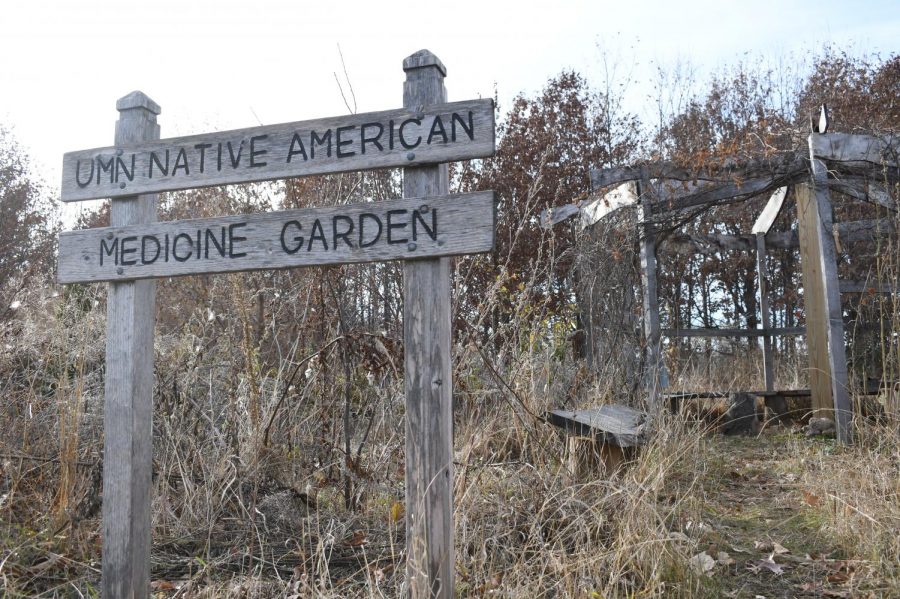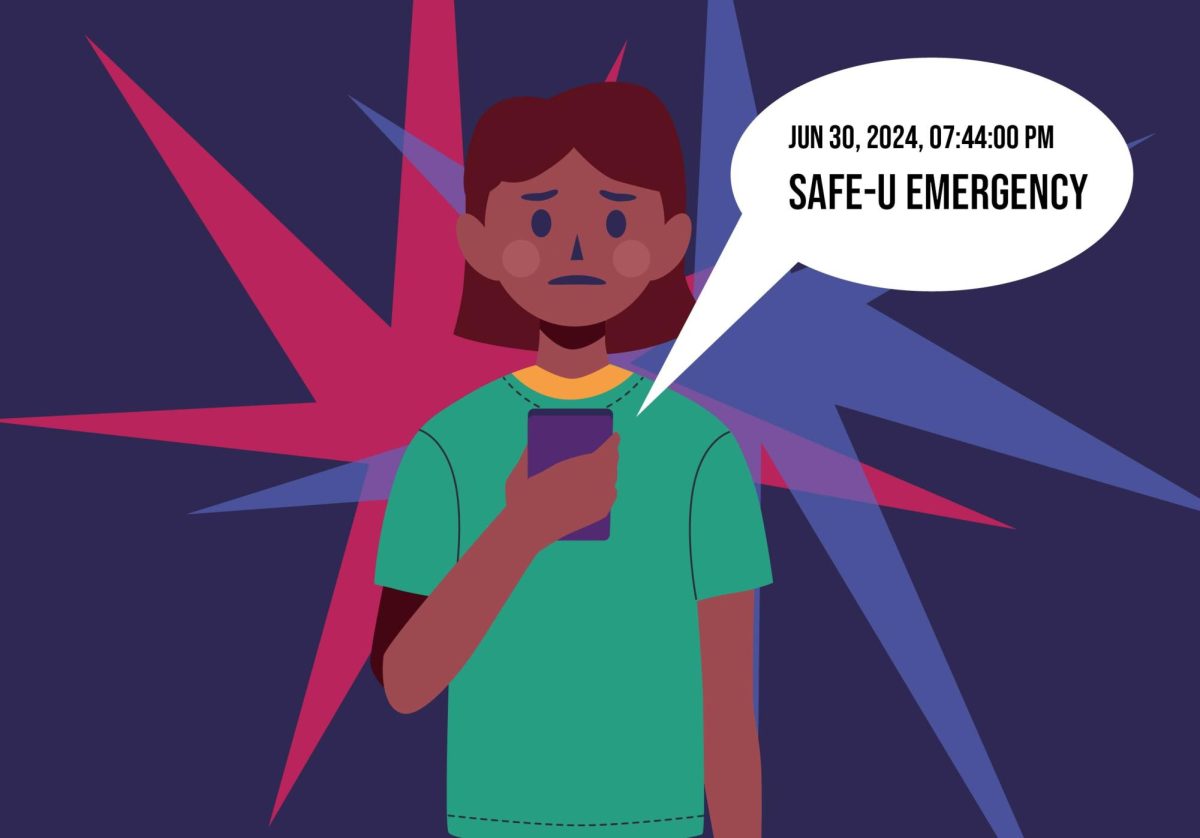Students in several University of Minnesota STEM departments are following up on letters they initially drafted to their departments over the summer in a larger effort to hold them accountable to equity and inclusion efforts and center student input.
Following the police killing of George Floyd in May, graduate students and postdoctoral researchers in Forest Resources, Physics and Ecology, Evolution and Behavior wrote letters to their departments calling for action. Many University students and postdocs also joined the national movement to “#ShutDownSTEM” on June 10, a day for scientists and researchers to address institutional and systemic racism in academia.
In a letter released publicly on Oct. 19, students in Forest Resources called on their department to incorporate environmental justice into the curricula, strengthen the recruitment and retention of diverse faculty and students, and actively engage with and support several efforts of the Minnesota Indian Affairs Council. Students also called for compassionate and indefinite support of the Native American Medicine Garden, on the St. Paul campus. The University came under fire over the summer for not renewing the contract of the garden’s long-term caretaker, Cânté Sütá Francis Bettelyoun.
The letter also noted that when department head Mike Kilgore wrote a letter to the department in June, he did not address Floyd’s death a month earlier nor make a public statement about the department’s own efforts to address systemic racism. According to the letter, the department has historically been predominantly white and male.
“It is time for our department to step back and see the forest for the trees,” the letter said. “We, the students of Forest Resources, are calling on the department to critically look at its own history, to acknowledge the issues of the past, to break its recurrent harmful practices, and to stem the legacy of injury.”
As of Nov. 5, the letter had 320 signatures from students, staff, alumni and community members.
Students respond
“I care a lot about environmental justice and I feel that through this education, I am trying to become a responsible steward of the land,” said first-year natural resources science and management master’s student Emilie Wille, who was involved in the letter’s dissemination. “And in order to do that, we need to be good stewards for the wellbeing of the entire planet. That means for all people, for all places. And that requires an academic culture that emphasizes justice and inclusion.”
With the letter being one of the first emails she received as a University student, Wille said seeing the collective effort of other students in her department was heartening.
“When it comes to diversity, equity and inclusion issues, it can be kind of vulnerable to give testimonials by yourself. It can be vulnerable if you are alone,” Wille said. “So, just knowing that there is this collective community behind this effort is incredibly powerful.”
Sam Reed, a fourth-year Ph.D. candidate in the natural resources science and management program, said he thinks many students feel like they are not consulted in the department’s decision-making process.
“Students have so many ideas and visions as to what the future could look like, so it’s critical that we’re actually engaging with them and creating a stronger community among faculty and students,” he said. “Because someday, we’re all going to be colleagues, and it’s just the only way it can actually solve problems into the future.”
Graduate students and postdoctoral researchers in Ecology, Evolution and Behavior (EEB) wrote a similar letter to their department on June 24 calling out the department for “persistent instances of discriminatory behavior and racism.”
Student and faculty efforts to design inclusive initiatives have gone uncompensated and are sometimes met with “faculty apathy” or “active opposition,” the letter said.
In a companion piece to the letter, EEB Ph.D. student Leno Smith Jr. detailed his experiences with racism as a Black student in the department and included anonymous accounts from other EEB students of color.
“As a person of color in the EEB department, the discourse concerning the existence of racism in academia over the past week has left me incredibly unsettled,” Smith Jr. wrote. “There should be no room for debate on this issue. Academic institutions developed from deeply racist societies, so naturally they will inherit racist values and structures present in these societies.”
Looking to the future
Since June, both departments have set to make changes, but graduate students said there is still plenty to be done.
Forest Resources department head Mike Kilgore said the department scheduled a listening session with students in the first week of November. Faculty are also partnering closely with the diversity and inclusion office at the College of Food, Agricultural and Natural Resource Sciences, the college that oversees Forest Resources, he said.
A faculty retreat in November is also planned “with the sole objective of developing an engagement plan based on conversations and important feedback around anti-racism, diversity, equity and inclusion,” Kilgore said in an email to the Minnesota Daily.
Similar efforts have gone underway in the EEB department, said Mike Travisano, the interim head.
In a town hall with faculty, graduate students and others talked about the EEB letter and aired their frustrations. Over the summer, EEB created a task force composed of several students, postdocs and faculty to plan the department’s next steps. Faculty have also undergone training on bystander interventions.
Travisano said the letter served as a wakeup call for many in the department.
“It’s easy to mistake a list [as a way of] addressing systemic racism,” he said. “It’s not something that’s going to stop problems … it’s going to be something that we’re working on. And we are making progress, but we will need to continue making progress.”



























Tom
Nov 9, 2020 at 9:08 am
It’s so racist that they can’t point to any actual racism and instead pivot to the default quote about all of society being racist.
Poor poor babies. They have it so hard.
Seriously grow up. This is embarrassing.